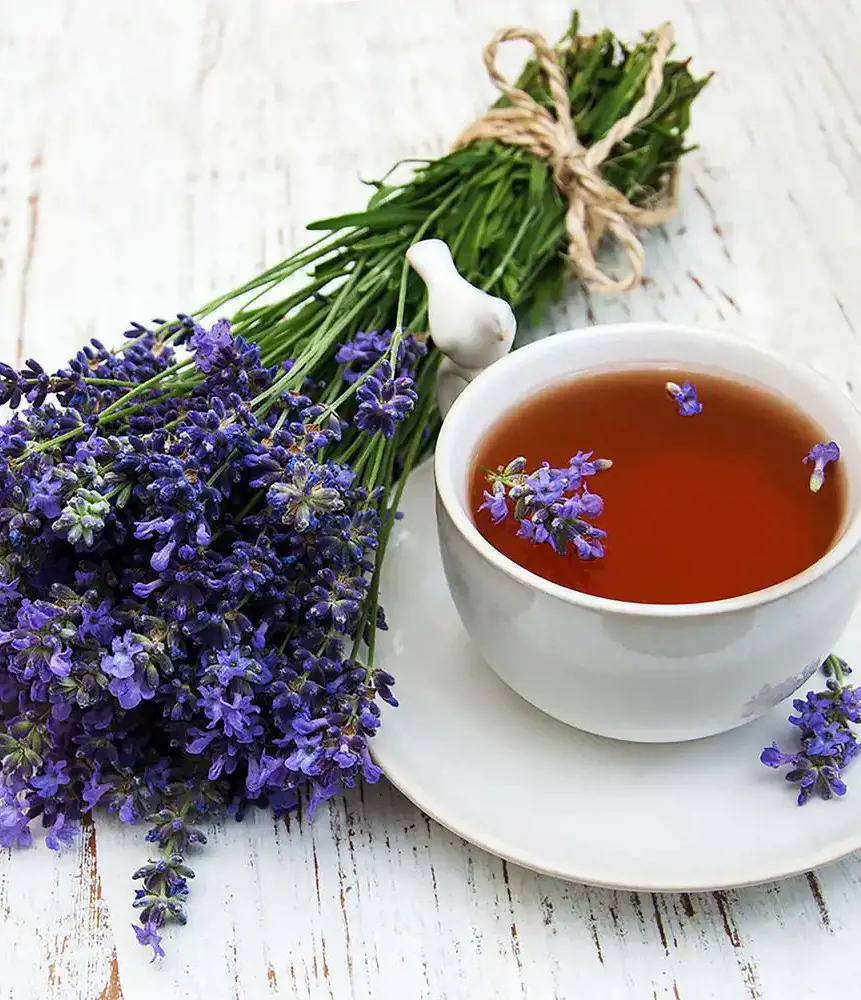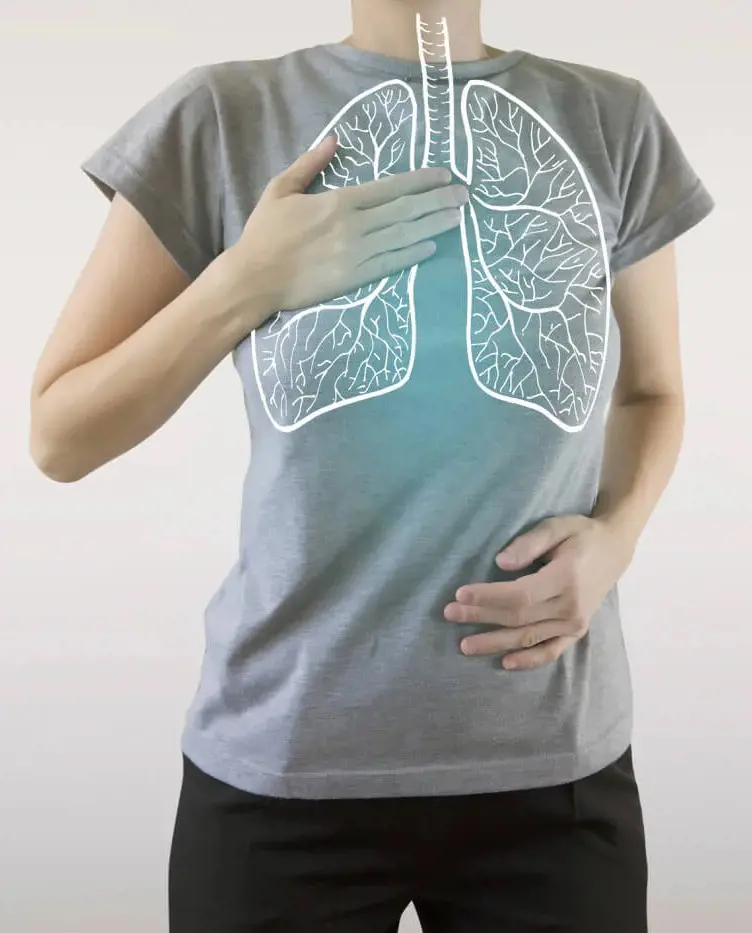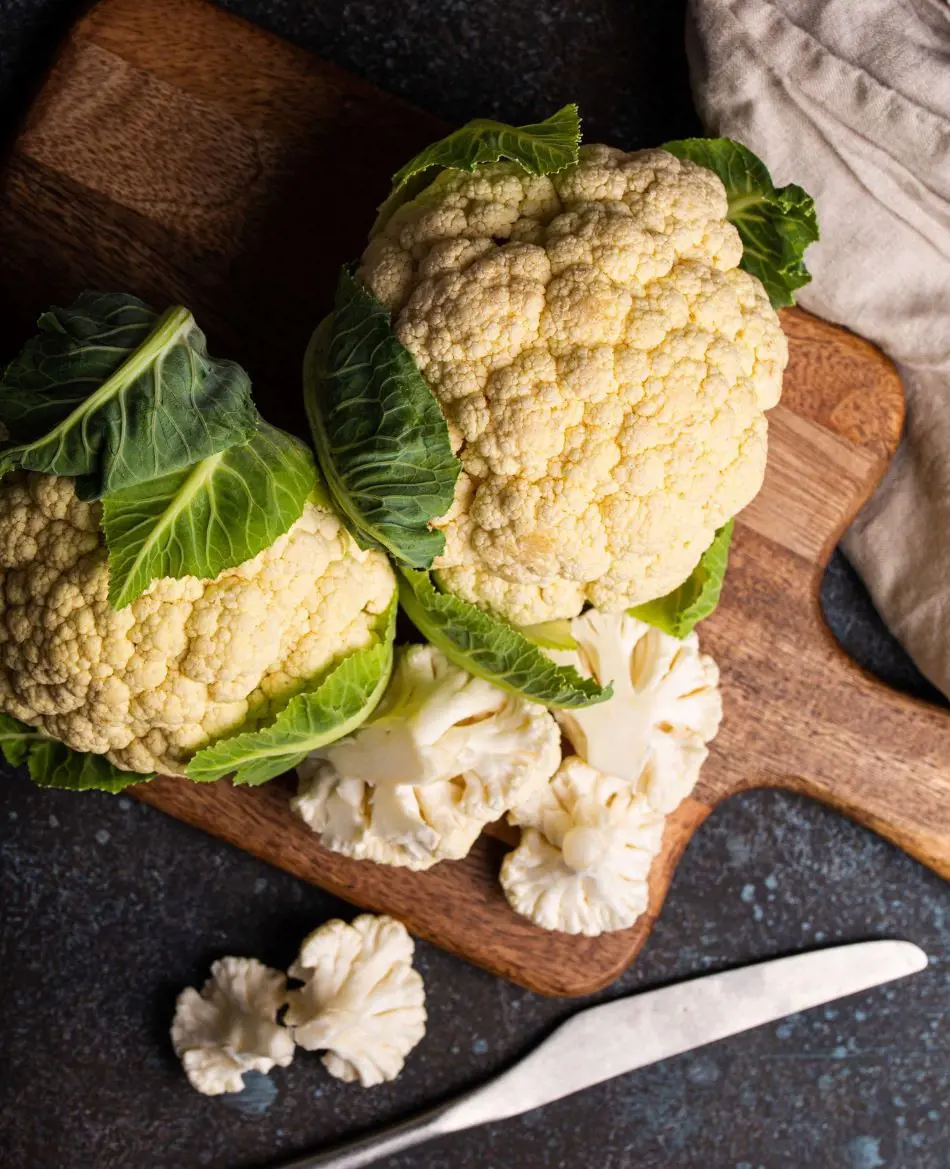11 Incredible Lavender Tea Benefits And Uses

Lavender tea, derived from the aromatic purple flowers of the lavender plant, has been enjoyed for centuries due to its soothing properties.
But did you know that this herbal tea offers a range of incredible benefits beyond relaxation? From promoting better sleep and reducing anxiety to improving skin health and aiding digestion, lavender tea has become a popular choice for those seeking natural remedies.
1. Improves Sleep

Lavender tea is known for its calming and relaxing properties, which can help improve sleep quality. The tea contains compounds that interact with certain neurotransmitters in the brain, such as serotonin and GABA, which promote relaxation and reduce anxiety.
Lavender tea can help individuals fall asleep faster and experience deeper, more restful sleep. Additionally, the aroma of lavender has been found to have a sedative effect, further enhancing its sleep-inducing properties.
2. Boosts Immune System
Lavender tea is known to contain several compounds, such as polyphenols and terpenes, that have immune-boosting properties. These compounds have been shown to have antioxidant and anti-inflammatory effects, which can help strengthen the immune system.
Antioxidants help protect the body's cells from damage caused by free radicals, which can weaken the immune system. Additionally, lavender tea may have antimicrobial properties that can help fight against harmful bacteria and viruses, further supporting immune health.
3. Supports Digestion
Lavender tea is known to support digestion due to its soothing properties. It contains compounds that can relax the muscles of the gastrointestinal tract, reducing cramping and bloating. The calming effect of lavender tea can also help to relieve stress and anxiety, which can often contribute to digestive issues.
Additionally, lavender tea has been found to have antimicrobial properties, helping to combat harmful bacteria in the digestive system. However, it is important to note that individual experiences may vary, and it is always best to consult with a healthcare professional before incorporating any new herbal tea into your diet, especially if you have pre-existing digestive conditions.
4. Eases Anxiety And Its Symptoms

Lavender tea, a fragrant elixir from the Lavandula plant, elegantly eases anxiety and its symptoms. Laden, with linalool and linalyl acetate, embraces the nervous system, acting as a calming sedative. These compounds induce relaxation by modulating neurotransmitter activity and diminishing anxiety's grip.
Sipping one of the most exotic herbal teas with this aromatic infusion not only bathes the senses in floral tranquility but also reduces restlessness and promotes restful sleep, unraveling the knots of anxiety.
5. Promotes Hair Growth
Lavender tea fosters hair growth through multifaceted benefits. Rich in antioxidants, it nourishes hair follicles, curbing free radicals that impede growth. Lavender's antimicrobial properties maintain a healthy scalp, preventing conditions that hinder hair development.
Tea's calming aroma reduces stress, a common contributor to hair loss. Additionally, lavender enhances blood circulation, ensuring essential nutrients reach hair roots for optimal vitality. When sipped or used as a hair rinse, this floral infusion becomes a botanical boost, stimulating both the senses and the strands for a flourishing, luscious mane.
6. Helps With Migraines
Lavender tea offers a natural refuge for migraine sufferers. Rich in linalool and linalyl acetate, compounds renowned for their calming properties, lavender tea acts as a soothing balm for throbbing headaches. These components ease tension, dilate blood vessels, and diminish stress, collectively mitigating migraine symptoms.
Among the best herbal teas, this aromatic infusion provides a serene respite, fostering relaxation and potentially reducing the frequency and intensity of migraines. Embrace the tranquility of lavender tea as a flavorful remedy, allowing nature's calming embrace to alleviate the storm of migraines.
7. Improves Respiratory Health

Lavender tea enhances respiratory health with its dual-action prowess. The tea's anti-inflammatory properties ease airway irritation, fostering easier breathing. Inhalation of lavender's volatile compounds, such as linalool, aids in relaxing bronchial muscles, and reducing spasms.
This aromatic infusion further demonstrates antimicrobial attributes, combating respiratory infections. Sipping on lavender tea not only brings a soothing sensation to the throat but also serves as a botanical balm for the entire respiratory system making it one of the foods for healthy lungs.
8. Improves Skin Health
Lavender tea, with its enchanting aroma and skin-loving benefits, elevates skin health gracefully. Packed with antioxidants, this herbal elixir neutralizes free radicals, safeguarding the skin from premature aging and environmental stressors. Its anti-inflammatory properties calm skin irritation, while the tea's antibacterial nature aids in preventing blemishes.
Rich in polyphenols, it nurtures a healthy complexion from within. This aromatic infusion transcends a mere beverage, becoming a delightful potion that not only delights the senses but also nurtures the skin, allowing nature's soothing touch to reflect in your radiant glow.
9. Helps With Mood Swings
Lavender tea is known for its calming properties, which can help with mood swings. It contains compounds that interact with the brain's neurotransmitters, such as serotonin, which is responsible for regulating mood. The aroma of lavender itself has been found to have a calming effect, reducing anxiety and promoting relaxation.
When consumed as tea, it can provide a soothing and comforting experience, helping to stabilize emotions and alleviate mood swings. Additionally, lavender tea has been shown to improve sleep quality, which can indirectly impact mood stability.
10. Soothes Menstrual Cramping

Lavender tea is known for its calming and soothing properties, which can help alleviate menstrual cramping to some extent. The tea contains compounds that have antispasmodic effects, helping to relax the muscles and reduce the intensity of cramps. Additionally, lavender has mild analgesic properties that can provide relief from pain associated with menstruation.
However, it is important to note that lavender tea may not eliminate severe cramping, and individual experiences may vary. Consulting with a healthcare professional is recommended for personalized advice on managing menstrual cramps.
11. Helps In Wound Healing
There is limited scientific evidence regarding the direct effects of lavender tea on wound healing. However, lavender has been traditionally used for its antimicrobial and anti-inflammatory properties. These properties may potentially aid in the healing process by preventing infection and reducing inflammation in wounds.
Lavender tea can also help with relaxation and stress reduction, which can indirectly promote wound healing by reducing psychological stress. Nevertheless, it is important to note that lavender tea should not replace standard wound care practices, and consulting a healthcare professional is essential for proper wound management.
Recent posts
Nutrition
Nutrition
Licorice Root: Benefits And Uses
You can spell it liquorice or licorice; this herb or root has been in use for centuries in most medicinal applications, as a natural sweetener and to enhance flavors. Regarding its origins, it comes from the root of the "Glycyrrhiza galbre" plant and...
Nutrition
Is Salmon Good For You? Nutritional Facts and Benefits
Salmon fish is a staple diet throughout the world, popular as a super food for its nutrients. Whether savored in sushi, poached, grilled, roasted, or pan-fried, salmon offers minerals and vitamins that contribute to healthy bodily functions. In addit...
Nutrition
25 Smoked Salmon Recipes That You Will Enjoy
Salmon is a silver-colored fish that is loaded with many nutrients, vitamins, and omega-3 fatty acids. Smoked Salmon is better for improving your health and reducing the risk of cancer, heart-related diseases, fights inflammation, reduces anxiety and...
Nutrition
Are Sausages Healthy? Nutrition And Health Benefits
Sausages are tasty in an addictive way, making them one of the most popular foods worldwide. You may have enjoyed this convenient food often, whether on a bun with mustard or grilled on a barbecue, the simple preparation methods are what makes its co...
Nutrition
20 Vegetables That Are Rich In Iron
Iron is essential for our bodies to function well. When we don't get enough iron, we often feel weak and tired. It's important to address iron deficiency early by eating the right foods. Fortunately, many vegetables are rich in iron and can help prev...
Nutrition
15 Cauliflower Nutrition Facts And Health Benefits
Cauliflower, a cruciferous vegetable, resembles a white variation of its relative, broccoli. Like broccoli, it has closely bunched florets attached to a thick core, often surrounded by a few leaves. While white is the most common color, cauliflower i...







